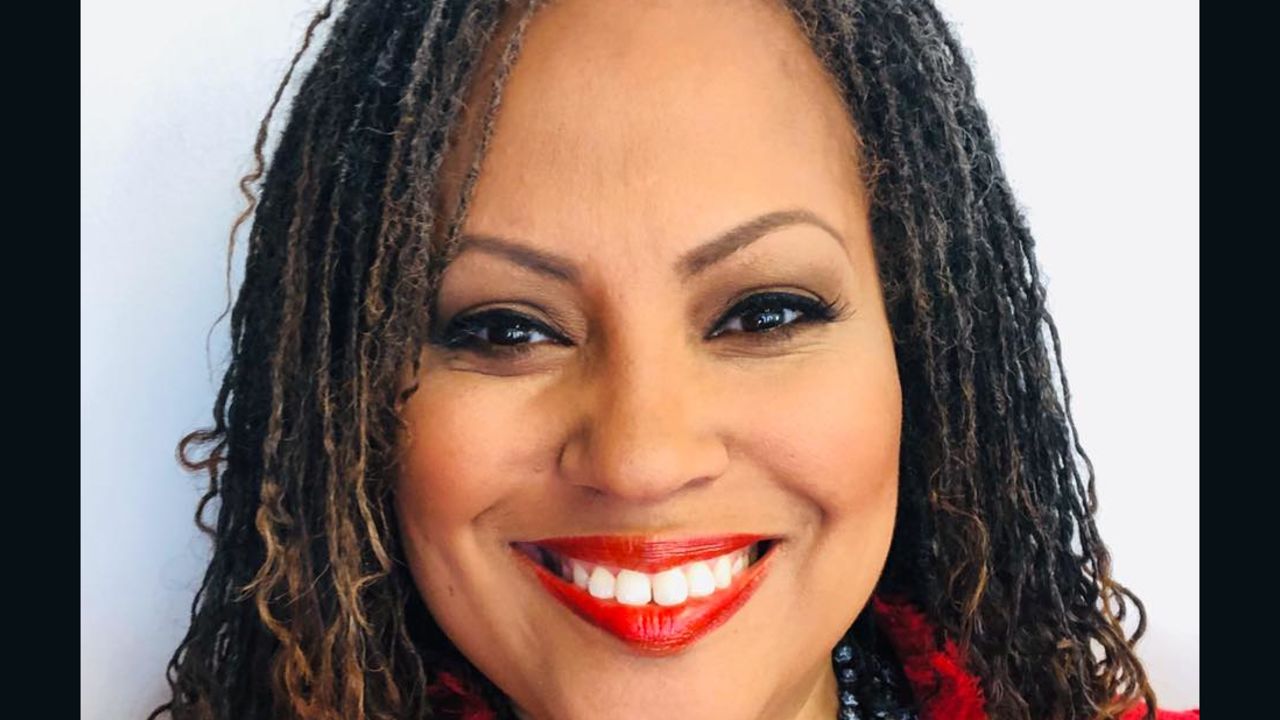[ad_1]
Editor’s Note: Nsenga K. Burton, PhD (@Ntellectual) is a professor, film producer, journalist and cultural critic. She is co-director of the Film and Media Management Concentration at Emory University, founder of The Burton Wire (a news blog covering news of the African Diaspora) and a recipient of the Entrepreneur of the Year Award from the National Association of Black Journalists. The views expressed here are her own. Read more opinion on CNN.
CNN
—
Note: This op-ed contains mild spoilers for “The Woman King.”
Imagine my excitement – as a Black woman named for a controversial African queen – to see a Hollywood film about a fearless unit of women warriors committed to protecting the West African kingdom of Dahomey for over 200 years.

Inspired by true events, “The Woman King” was directed by Gina Prince-Bythewood and produced by Academy award-winning actress Viola Davis (who also stars) and veteran actress/producer Maria Bello. And the highly anticipated film earned $19 million last weekend during its debut at the domestic box-office, so clearly I was not alone in my enthusiasm.
The film tells the tale of the Agojie, the most powerful all-woman army in world history, their unparalleled commitment to their country, to each other and to their King Ghezo, played exceptionally by John Boyega.
But there are calls to boycott the film because, to its critics (even those not calling for a boycott), it underplays the role played by the Dahomey Kingdom in the Atlantic slave trade. In their eyes, this fictional film, inspired by true events, doesn’t tease out enough information about a horrific history – the kidnapping and sale of Africans by the Dahomey and Oyo kingdoms – that is, in the film’s narrative arc, a subplot, while the main storyline centers on a group of badass African women, living, loving and laboring together to ensure their people remain free.
The period of Dahomey’s most intense involvement in the slave trade included the trafficking of West Africans in the late 17th and early 18th century, primarily by taking prisoners who were then enslaved abroad by European traders. The real King Ghezo ultimately agreed to end Dahomey’s participation in the slave trade in 1852, under pressure from the British government (which had abolished slavery in 1833).
The Atlantic slave trade is hardly overlooked in the movie, however. At the beginning of the film, Davis’ character Nanisca admonishes the King for allowing his people – and other Africans – to be involved in the business. She spends the entire film talking about how it is wrong to sell your own people and offers alternatives to the barbaric practice. The climax of the film involves the Agojie freeing Africans who were about to be transported to the New World.
Isn’t it interesting that some of those calling most loudly for the boycott are Black men? Where were similar calls about films like “12 Years a Slave,” “Django Unchained” or “The Good Lord Bird” – films about the slave trade given copious creative license in their portrayal of characters, storylines and the institution of slavery itself?
There is inherent value in a film about a dynamic group of Black women warriors many had not heard of, from a West African kingdom most could not find on a map, who challenge the notion of male supremacy. The film’s controversies only amplify the need for more people to see it, and to talk about it.
Meanwhile, critics calling for a more realistic representation of the slave trade might direct their energies elsewhere: They might focus on the fact, for instance that school systems across the United States are taking steps to erase its reality and legacy from curricula. Or that many Americans dismiss it as being “no big deal” when discussions about slavery turn to reparations. Or that the slave trade has historically been misrepresented in television and film for over 100 years – see film classics like “The Birth of a Nation” (1915) or “Gone With the Wind” (1939) or TV classics “Uncle Tom’s Cabin” (1987) and “Roots” (1977).
I suspect that much of the criticism and most of the efforts to suppress this film are really about the portrayal of powerful Black women warriors fighting and winning battles in a Hollywood that is still overwhelmingly White and male. Not just in the movie, but in the very fact of its creation, and the audience it has already garnered, Black women are winning – and the trolls oppose the film are losing.
As much as it is about anything else, “The Woman King” is about the precarious journey Black women take – and the obstacles they face – in pursuit of freedom and self-determination in a world where misogyny and misogynoir reign supreme.
“The Woman King” is an outstanding film in the tradition of classics like “Spartacus” (1960), “Braveheart” (1995) and “The Gladiator” (2000). The difference is that Black women are at the center of the action, both on-screen and behind the camera. It’s a difference that makes the film only more worthwhile to see.
Hollywood has spent much of its existence repudiating the talents of Black women. The effort by some to erase their work in “The Woman King” is lamentable. But it shouldn’t work – and it won’t. Anyone who finds the film’s depiction of the slave trade problematic should watch it anyway – and then join a lively debate about what worked, what didn’t and how it could be more accurately portrayed.
There is intellectual and cultural value, even – or perhaps especially – in the conflict and contradictions.
[ad_2]
Source link





